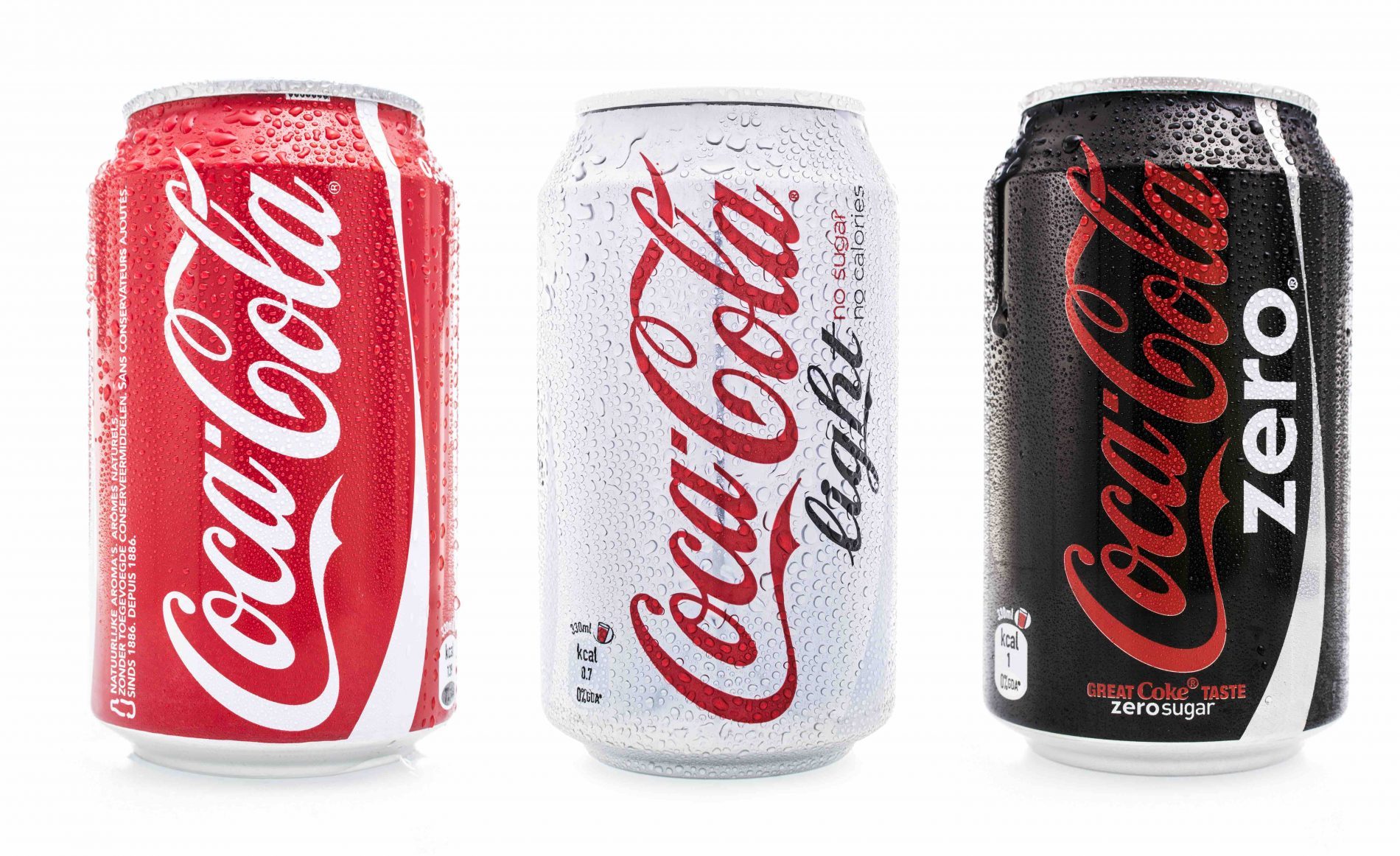There is so much conflicting information about the best way to exercise. How do you know what is best for you?
Our bodies were designed to withstand the need to make surges of speed, but not to withstand long distance running. Our ancestors would run short distances to get out of harm’s way, to chase down dinner or to help a friend in need. We were not designed to run for great distances over long periods of time.
There are many forms of exercise that bring this principle into effect, such as High Intensity Interval Training (HIIT), where you work out as hard as you can for a short duration of time, potentially even for only 45 or 60 seconds (which seems like a lifetime when you’re doing as many push ups as you can!!) and then resting for the same timeframe or a little less. This kicks your metabolism into high gear, adds a significant surge of adrenaline into your body to keep up with this form of exercise and pushes your body to grow and develop muscle and improves your fitness.
The opposite form of exercise would be traditional cardio. You jump on a treadmill or hit the road for 30-60 minutes of fast walking or jogging until the time is up. Sustained movement for a long period of time, generally at the same pace and difficulty level to make your body move and cooperate. Cardio can help to lower your resting heart rate, increase your good HDL cholesterol and lower blood pressure, as well as improving circulation, blood flow and lymphatic drainage.
But cardio can also cause your body to produce higher levels of cortisol which can stimulate your appetite, increase fat storage and inhibit recovery.
How is this possible when exercising is supposed to be helping you lose weight and/or get fit? It has to do with the hormones that are released with each type of exercise. Cardio can decrease testosterone production and HIIT can improve your growth hormone levels while lowering your insulin resistance to help regulate blood sugar and reduce fat storage.
What is the best form of exercise for me? How do I know?
The best form of exercise for you is the one that you will actually do!! The risks of a sedentary lifestyle are much worse than the risks involved with either HIIT or cardio. Additionally, there are many other forms of exercise that offer corresponding benefits and risks, such as yoga, pilates, rebounding, kickboxing, hiking, crossfit and many others!
So talk with your natural health practitioner about what he/she would recommend as the best form of exercise for your personal situation and do that! Fall in love with joyful movement – find something you love to do and do it often. Or mix it up and take on different forms of exercise to keep your body guessing and working toward your optimal fitness levels. Have fun!
With Sources from:
http://drhardick.com/say-no-to-traditional-cardio
Jo-Anne Richardson has almost a decade of experience managing a chiropractic office and educating patients on how chiropractic can allow your body to express optimal health. She is a Registered Holistic Nutritionist and holds a Degree in Communications. She loves to experiment with raw vegan recipes, loves to salsa dance, travel and learn new holistic health information to share tips with everyone who visits the office.



